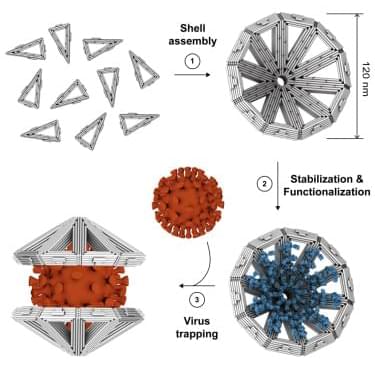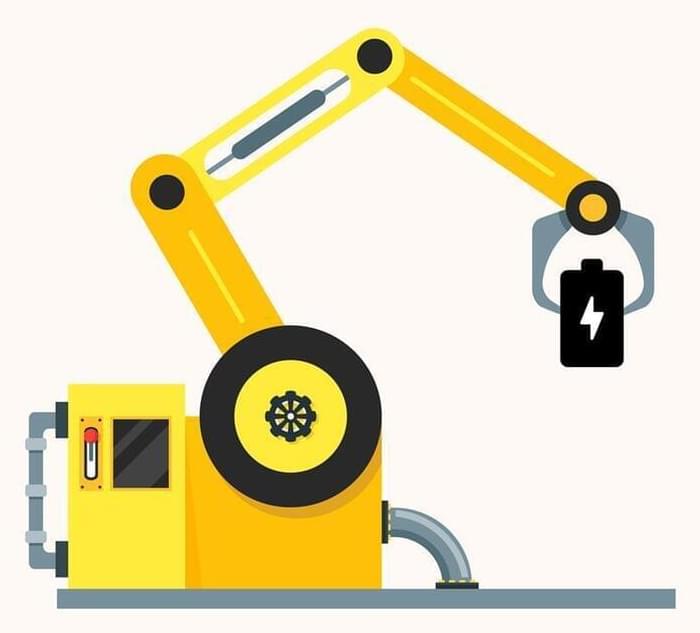We might all have been in a situation where we had to put our trust in our work to hold up and do what it needed to do, but Margaret Hamilton’s work was particularly important — it was responsible for putting Neil Armstrong and Buzz Aldrin on the moon in July 1969.
When warning lights started going off in the middle of the Eagle module’s descent toward the lunar surface, NASA faced a tough decision: continue with the landing or abort.
Margaret offered the world a great deal with her prowess, and I am glad Obama recognized her before her death, thank God she’s still with us today. #GodBlessHer
When Margaret Hamilton was put in charge of writing the software that would fly the Apollo astronauts to the moon, no one had ever done anything like this before, so she invented software engineering to get it done.






